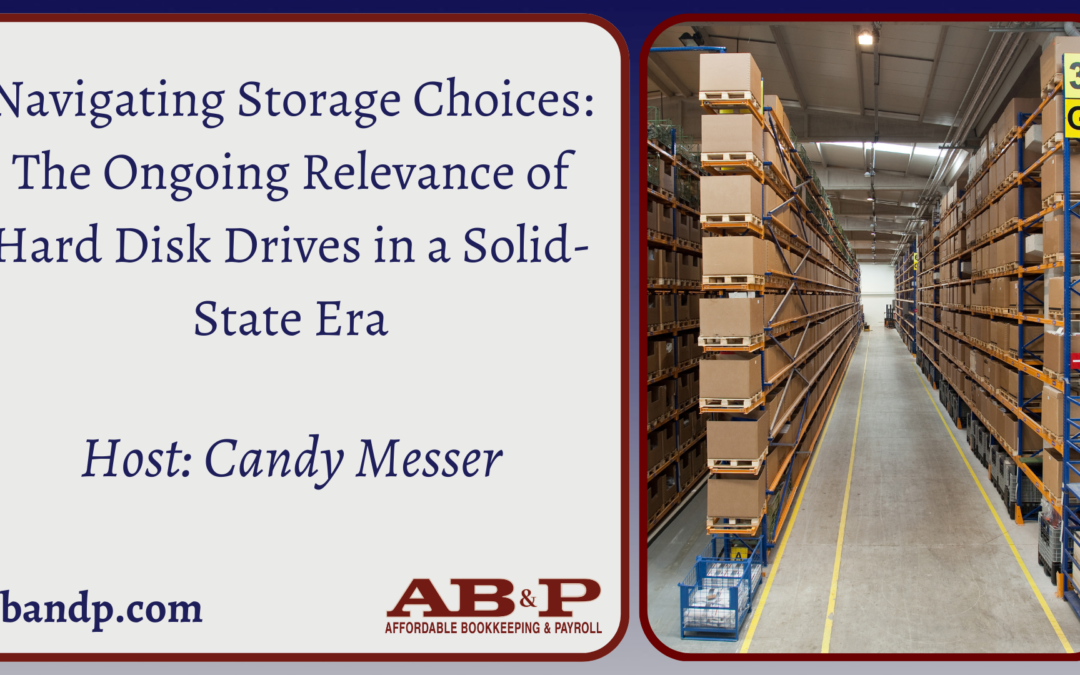In the ever-evolving realm of storage technology, hard disk drives (HDDs) may appear antiquated in the face of the plunging prices of solid-state drives (SSDs). Yet, a PC World article argues that the relevance of HDDs persists, offering a cost-effective and pragmatic choice depending on specific user needs and PC setups.
When Should You Choose a Hard Disk Drive?
Expanding Storage Needs: If you are seeking to expand your storage capacity, especially when not frequently reading or writing to the disk, an HDD serves as an effective solution. Whether internal or external, HDDs provide ample space without the need for significant investment in PC modifications.
Budget Considerations: Alaina Yee, author of the article, points out the economic advantage of HDDs, particularly for those conscious of expenses. Despite the plummeting prices of SSDs, HDDs remain a budget-friendly option. For instance, a 2TeraByte HDD can be acquired for the same price as a 1TeraByte SSD, offering more storage for less money.
Extensive Backup Storage: HDDs emerge as a cost-efficient option for adhering to the rule of 3-2-1 in data backup strategies. While cloud storage provides convenience, HDDs offer a more economical alternative for storing files that aren’t accessed frequently, ensuring redundancy at a lower cost over time.
Let’s Address the Storage Capacity Challenges of SSDs:
While SSDs boast speed and responsiveness, they lag behind HDDs in terms of capacity. Consumer SSDs currently top out at 8TeraBytes, whereas consumer HDDs can reach up to 22TeraBytes. For users requiring substantial storage, especially in endeavors like building a NAS unit or home server, HDDs prove more accommodating and cost-effective.
However, SSD devices will become the dominant choice.
The inevitability of SSDs becoming the default choice will occur as their capacities increase and prices align with current HDDs. However, until that transition occurs, HDDs retain their utility in specific PC setups, offering significant cost savings, especially for those considering NAS units or home server hardware.
While SSDs are undeniably valuable, the absence of an HDD in a PC, even if SSDs may be a superior match, is not a mistake. The article underscores that HDDs, far from being obsolete, retain practicality in certain contexts and can serve as a judicious financial decision for users aiming to balance storage needs with economic considerations.
If you are unsure what option is right for you, be sure to speak to a technology expert who will be happy to help you understand which to choose.
3 reasons you should still buy a hard drive | PCWorld
